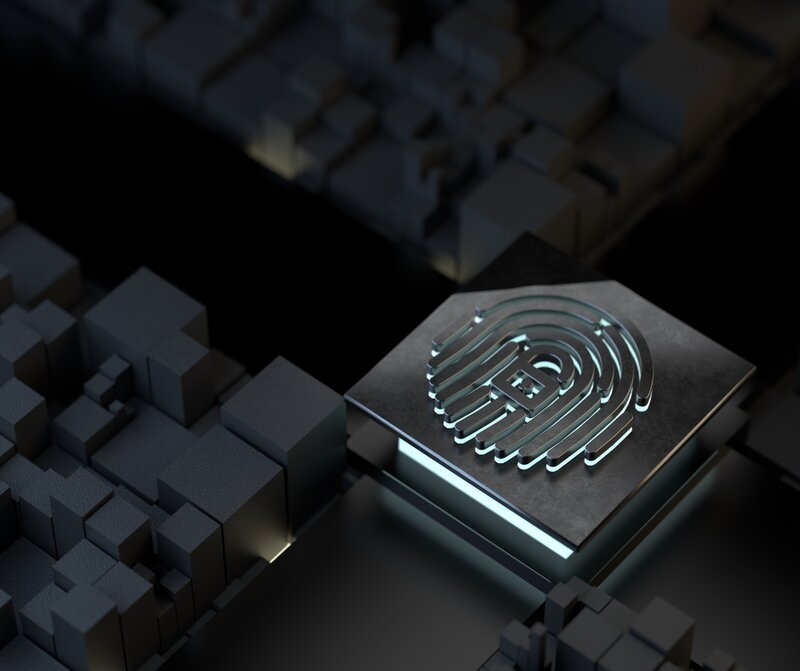 Cyber security is important for people of all ages and backgrounds. In today's digital world, the internet offers us countless opportunities for entertainment, education, and communication – but it also presents unprecedented risks. As cyber criminals become more sophisticated, the threats to a person's information, privacy, and identity can be frighteningly real. Everyone should take steps to protect themselves from cyber-attacks, such as using strong passwords, avoiding suspicious links and attachments, and keeping software updated. With the right measures in place, we can protect ourselves and our families against potential threats online.
Cyber security is important for people of all ages and backgrounds. In today's digital world, the internet offers us countless opportunities for entertainment, education, and communication – but it also presents unprecedented risks. As cyber criminals become more sophisticated, the threats to a person's information, privacy, and identity can be frighteningly real. Everyone should take steps to protect themselves from cyber-attacks, such as using strong passwords, avoiding suspicious links and attachments, and keeping software updated. With the right measures in place, we can protect ourselves and our families against potential threats online.
Cyber-attacks can have devastating effects on both individuals and organizations alike. On a personal level, cyber-attacks can result in the loss of sensitive information such as financial details and passwords. This can leave victims vulnerable to identity theft and other forms of fraud. Cyber attackers also target organizations, often with the aim of stealing confidential data or holding systems hostage until a ransom is paid. In either case, the consequences can be dire; businesses may suffer financial losses or reputational damage, while individuals may be left feeling violated and traumatized. It's therefore essential that we take precautions to protect ourselves online, including using strong passwords and two-factor authentication whenever possible. Doing so will ensure that we remain safe from the potentially damaging effects of cyber-attacks.
The basic concepts of cyber security
Cyber security is a broad term used to describe the methods of protecting data and systems from unauthorized access, cyber-attacks, and other potential threats. At its core, cyber security is about preventing attackers from gaining access to sensitive information or using malicious code to damage networks and systems. This can be done through techniques such as encryption, user authentication, firewalls, virtual private networks, and patch management. Additionally, the implementation of stringent policies and procedures are key to ensuring that resources remain secure and that users remain aware of potential risks associated with using technology.
Tips on how to protect your personal information
Protecting your personal information is critical in today's digital world. Here are some tips on how to keep your data secure:
- Use strong passwords for all your online accounts. Create a unique password for each account and store them securely, such as with a password manager.
- Keep your systems and software up to date. Updates may contain security patches that help protect against malicious attacks.
- Don't click on unknown links or open suspicious emails. They could be scams or lead to malware downloads.
- Be careful when sharing personal information online, even on social media sites. Not everyone can be trusted.
- Use two-factor authentication if it is available. This adds an extra layer of security by requiring you to verify your identity with a code sent to your phone or email before you can access certain accounts.
Why is there a need to update and secure your devices?
Do you know your data and digital life is at risk? With new security threats emerging every day, it is important to keep both software and operating systems up to date. While updating your devices can seem like a hassle, the effort is worth it. Outdated software can leave you vulnerable, as criminals can use weaknesses in older systems to gain access to your accounts, data, or even compromise your entire network.
Make sure to also keep your antivirus and anti-malware programs running and that they use the most up-to-date definitions. It is also wise to back up your data on an external drive or cloud storage service regularly. By taking these steps, you can ensure the protection of your personal information.
5 Best Practices for Keeping Your Data Safe
Whether you are a business, an organization, or running your personal life, keeping data safe should be a top priority. Here are the best practices to make sure all your data remains secure:
- Establish strong passwords - When creating passwords, use special characters and at least eight characters long. Refrain from using common phrases or words relating to yourself.
- Utilize two-factor authentication - Two-factor authentication adds another layer of protection by requiring a passcode through a secondary means such as a text message or biometric recognition.
- Use strong encryption processes - Encryption can help ensure that only authorized users have access to protected information. Make sure you employ strong encryption technologies for any stored data, especially if it is sensitive.
- Regularly review security protocols and policies - Ensure that everyone in your organization is following proper security protocols and procedures by regularly reviewing and updating your protocols when necessary.
- Regularly audit and backup data - To maintain control over your data, conduct regular audits and backups to check that everything is secure and up to date.
Conclusion
Cyber security is an essential part of protecting yourself and your data online. Without proper cyber security measures in place, you risk becoming a victim of identity theft, ransomware attacks, phishing scams, or any other number of malicious online activities. The general public should take the necessary steps to protect themselves, such as using strong passwords, regularly updating their security software, and avoiding suspicious links or downloads. By following basic cyber security best practices, everyone can help ensure that they remain safe while browsing the internet.



